Bonded Benefits: Unlocking Free Trade Zone Advantages for Your Business

The pressure is palpable. Businesses everywhere are grappling with the complexities of global trade. Tariffs shift, shipping lanes encounter unforeseen delays, and the once-predictable rhythm of international commerce has given way to a dynamic, often chaotic, symphony of regulations and economic pressures. For manufacturers and distributors, in particular, the challenges are acutely felt. Inventory accumulates, often tied down by immediate import duties on raw materials, draining crucial capital. Meticulously planned re-export strategies are frequently derailed by unforeseen costs and bureaucratic hurdles. There has to be a more agile way to navigate this volatile landscape, a path to reclaim the operational flexibility that feels increasingly out of reach.
The Cost of Inefficiency: Why Traditional Supply Chains Strain Businesses
Companies engaged in complex international supply chains commonly face significant strain. The constant need to optimize costs clashes with the financial weight of duties and the administrative burden of traditional customs processes. Raw materials often arrive and immediately incur duties, only to sit idle while awaiting production or final export. This isn't just an administrative headache; it's a significant drain on cash flow, an invisible weight pressing down on profitability, and a constant threat to competitive advantage.
Many businesses attempt to mitigate these pressures through various strategies. They might hold less inventory, risking stockouts and production delays. They might absorb higher costs, eating into margins. Or, they might explore traditional bonded warehouses, which offer a reprieve from duties. Yet, even these solutions often feel like patchworks, not fundamental shifts. They address symptoms, not the root cause of the rigidity and financial strain inherent in traditional customs procedures.
Imagine a world where your inventory isn't a liability but an asset, where you can move goods, transform them, and send them back out into the global marketplace with unprecedented freedom. This isn't a distant dream; it's the tangible reality unlocked by strategically integrating bonded warehouses within Free Trade Zones (FTZs).
What are Free Trade Zones (FTZs) and How Do They Expand on Bonded Warehouses?
Free Trade Zones (FTZs) are designated, secure areas within a country’s borders, considered outside its customs territory for customs purposes. While a standalone bonded warehouse offers a deferral of duties, an FTZ takes it several steps further by providing a comprehensive framework for international trade.
When you combine the established benefits of a bonded warehouse with the expansive framework of an FTZ, you’re not just deferring duties; you’re entering a new dimension of operational flexibility and strategic advantage. Within an FTZ, goods can be imported, stored, manipulated, manufactured, and re-exported without ever formally entering the commerce of the host country. This means no duties, no tariffs, and often no excise taxes on goods ultimately destined for markets outside the FTZ’s host nation. For businesses dealing with complex supply chains and a significant re-export strategy, this distinction is not merely academic—it's a game-changer.
Manufacturing Agility: The Core Advantage for Production within an FTZ
Manufacturing and assembly operations conducted within an FTZ offer significant benefits. Companies can import raw materials from various international sources directly into an FTZ, where they can be stored duty-free indefinitely. Only when these materials are pulled for manufacturing or assembly within the zone, and the finished product subsequently enters the domestic market, are duties assessed. Often, this duty is at a lower rate than the individual components, thanks to inverted tariff benefits.
Consider a company manufacturing specialized electronic components. Previously, they’d pay duties on imported circuit boards, resistors, and specialized wiring upfront. If a portion of these components were assembled into a finished product and then re-exported, they’d face complex duty drawback procedures to recover those initial payments – a time-consuming and often incomplete process. Within an FTZ, those components arrive and reside duty-free. They are assembled, tested, and packaged. If the final product is shipped to Europe, no U.S. duties are ever paid on the components or the finished goods. If it’s sold domestically, duties are only assessed on the final product, potentially at a more favorable rate. This isn't just a deferred payment; it’s a potential elimination of duties on a significant portion of international trade.
Optimizing Re-Export Strategies: Seamless Global Distribution
For businesses with a robust re-export strategy, the FTZ becomes an invaluable asset for seamless global distribution. In today’s interconnected world, goods rarely follow a simple linear path from origin to final consumption. They are often routed through multiple countries for consolidation, customization, or distribution. Without the benefits of an FTZ, each transit point can trigger customs formalities, duties, and taxes, adding layers of cost and complexity.
Within an FTZ, goods can flow freely. A shipment of goods arriving from Asia can be:
- Temporarily Stored: Held indefinitely without accruing duties.
- Re-packaged and Re-labeled: Adapted to meet specific market requirements.
- Minor Assembly: Undergo light manufacturing before being re-exported.
All these activities can occur without incurring domestic duties or taxes, enabling unparalleled agility. This operational freedom transforms a re-export strategy from a series of costly hurdles into a streamlined, efficient process. It allows businesses to respond rapidly to shifts in demand, pivot to new markets, and optimize their global distribution network in ways that are simply not feasible under traditional customs regimes.
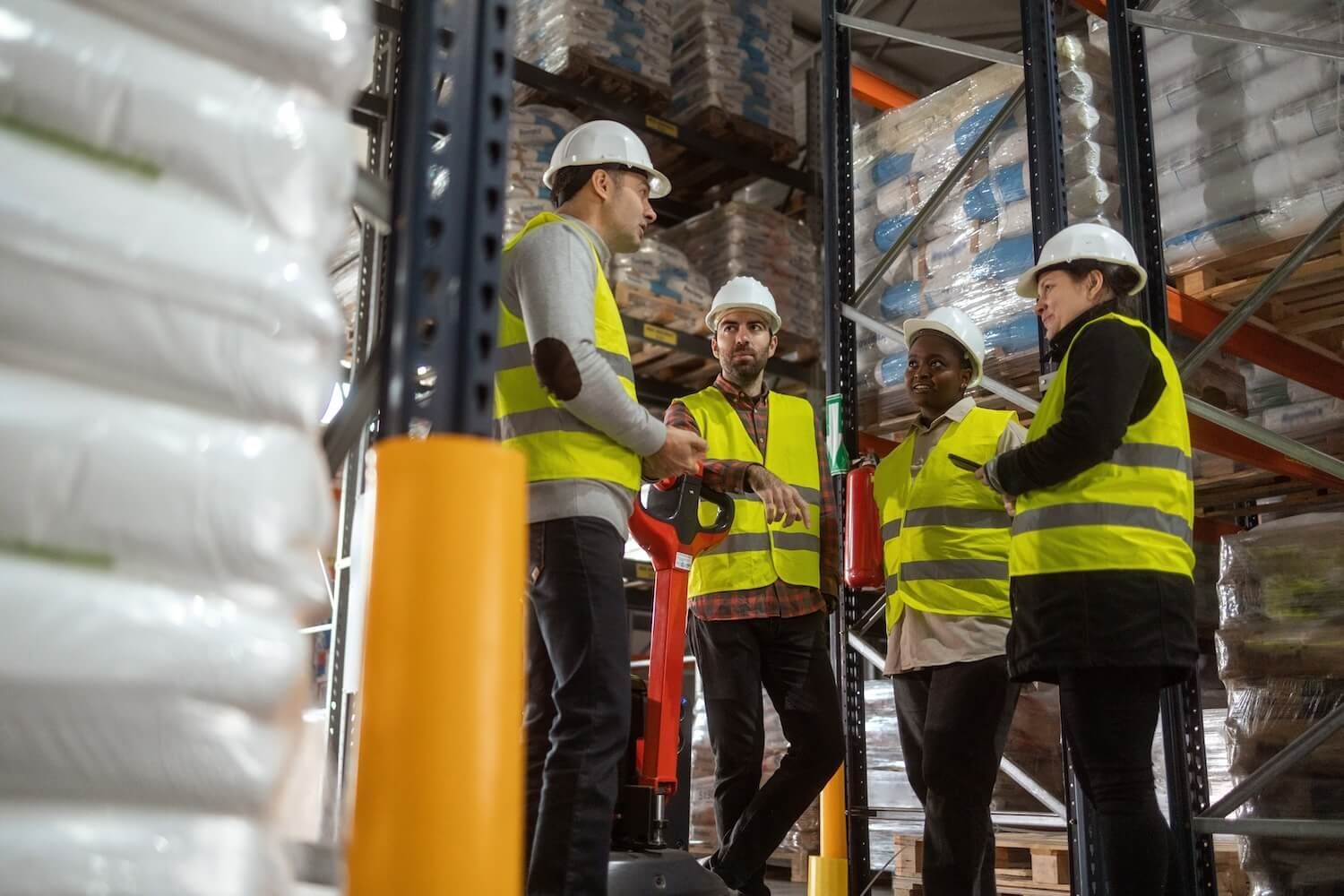
Unlocking Deeper Customs Benefits Within Free Trade Zones
While the deferral and elimination of duties are significant, the customs benefits of an FTZ extend far beyond. Key advantages include:
- Duty Exemption on Waste & Spoilage: Duties are not paid on raw materials that become waste or scrap during manufacturing within the FTZ, leading to substantial savings.
- Inverted Tariff Benefits: If the duty rate on a finished product is lower than the aggregate duty rates on its components, businesses can pay the lower duty rate on the finished product when it enters the domestic market.
- Elimination of Duty Drawback: For goods manufactured in an FTZ and then exported, there's no need to pay duties upfront and then claim them back later, eliminating a complex and often delayed administrative burden.
- Streamlined Customs Procedures: FTZs often feature simplified customs reporting and reduced bureaucratic oversight, leading to faster clearance times and fewer delays.
- Flexible Inventory Management: Goods can remain in an FTZ indefinitely, offering unparalleled flexibility in managing inventory levels without incurring immediate duty costs. This allows businesses to buffer against supply chain disruptions and volatile market demand without tying up capital in duties.
These interwoven benefits create a powerful ecosystem for international trade, empowering businesses to move from reactive problem-solving to proactive strategic planning.
Why the Dynamic Trade Environment Demands FTZ Agility
In an era defined by trade wars, supply chain disruptions, and fluctuating global demand, resilience and agility are no longer optional—they are essential for survival. The traditional model of importing, paying duties, and then navigating complex drawback processes is increasingly unsustainable. It binds capital, stifles innovation, and limits responsiveness.
The integration of bonded warehouses within Free Trade Zones offers a compelling counter-narrative. It presents a robust framework for businesses to not just survive but thrive in this dynamic environment. By minimizing upfront duty payments, optimizing manufacturing processes, and simplifying re-export strategies, companies can:
- Improve Cash Flow: Free up capital previously tied up in duties, allowing for reinvestment in growth, R&D, or other strategic initiatives.
- Enhance Competitiveness: Reduce landed costs, enabling more aggressive pricing or improved profit margins.
- Boost Operational Efficiency: Streamline customs processes, reduce administrative burdens, and accelerate time to market.
- Mitigate Risk: Shield against unexpected tariff changes and geopolitical shifts by maintaining flexibility in sourcing and distribution.
Unlocking Your Business's Full Potential
For many businesses, the shift to leveraging an FTZ isn't just a financial decision; it's a strategic revelation. The pressure on their teams eases. They can now import crucial components without the immediate sting of duties, holding them in the FTZ until production lines are ready. Their re-export business becomes dramatically more efficient, with goods flowing seamlessly to international customers without the constant specter of duty drawback. The financial savings are significant, but the true benefit is the return of agility, the renewed confidence in their ability to compete on a global scale. Looking at the future, they find not dread, but a renewed sense of possibility.
If your business is navigating the complexities of international trade, if you’re constantly grappling with the burden of import duties, and if your supply chain feels more like a tangled web than a streamlined network, it's time to look deeper. The traditional approach no longer serves the dynamic demands of global commerce.
It’s time to rethink how your goods move across borders. It’s time to explore how the strategic integration of bonded warehousing within a Free Trade Zone can transform your operations, unlock significant customs benefits, and empower your re-export strategy.
The future of global trade isn’t about building higher walls; it’s about building smarter bridges. Don't let your business be held back by outdated customs practices.
Ready to elevate your international trade strategy Benefits?
Explore the strategic benefits of Razr Logistics' bonded warehousing within Free Trade Zones. Discover how a tailored FTZ solution can optimize your supply chain, enhance your financial performance, and provide the agility you need to thrive in today's global marketplace.

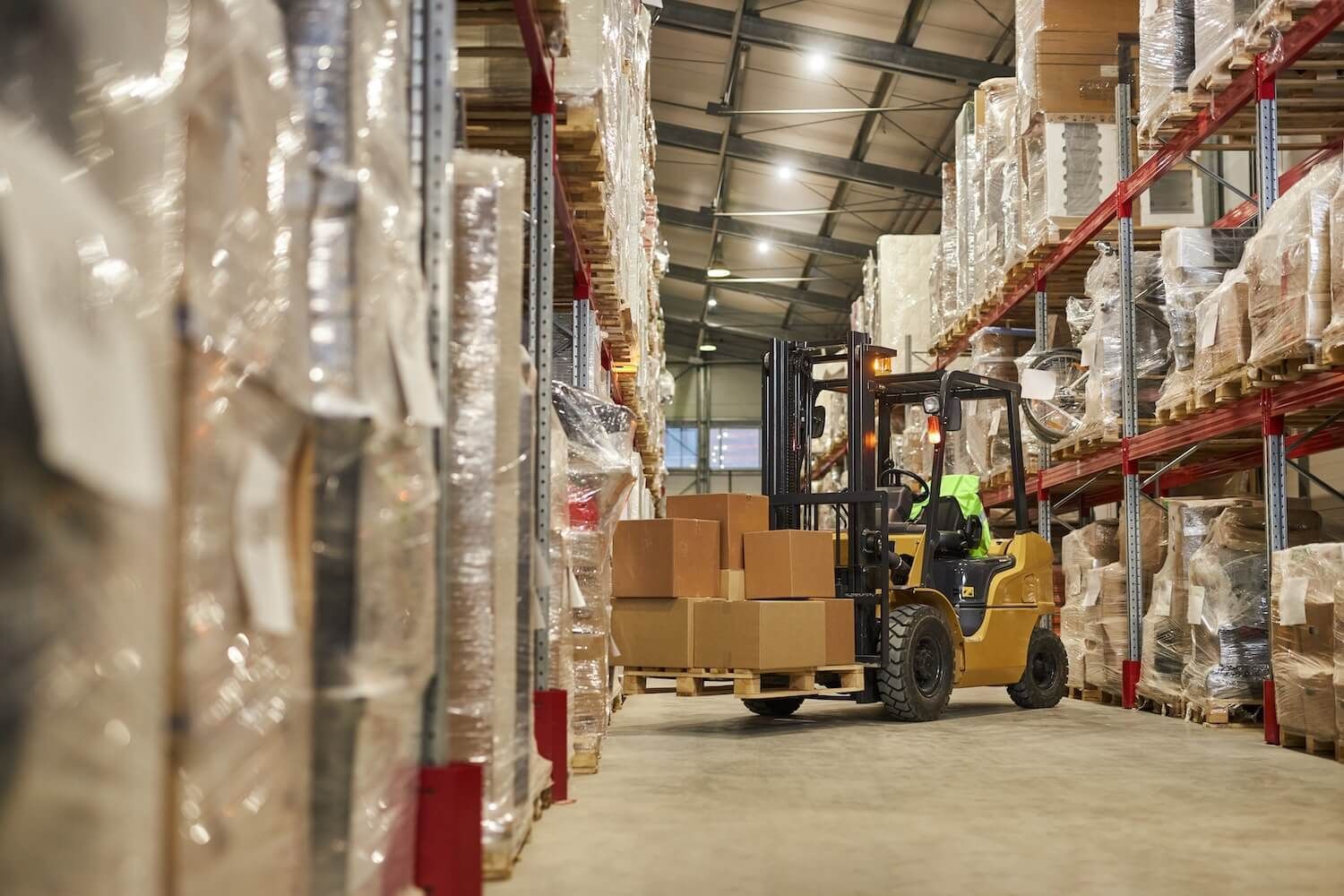
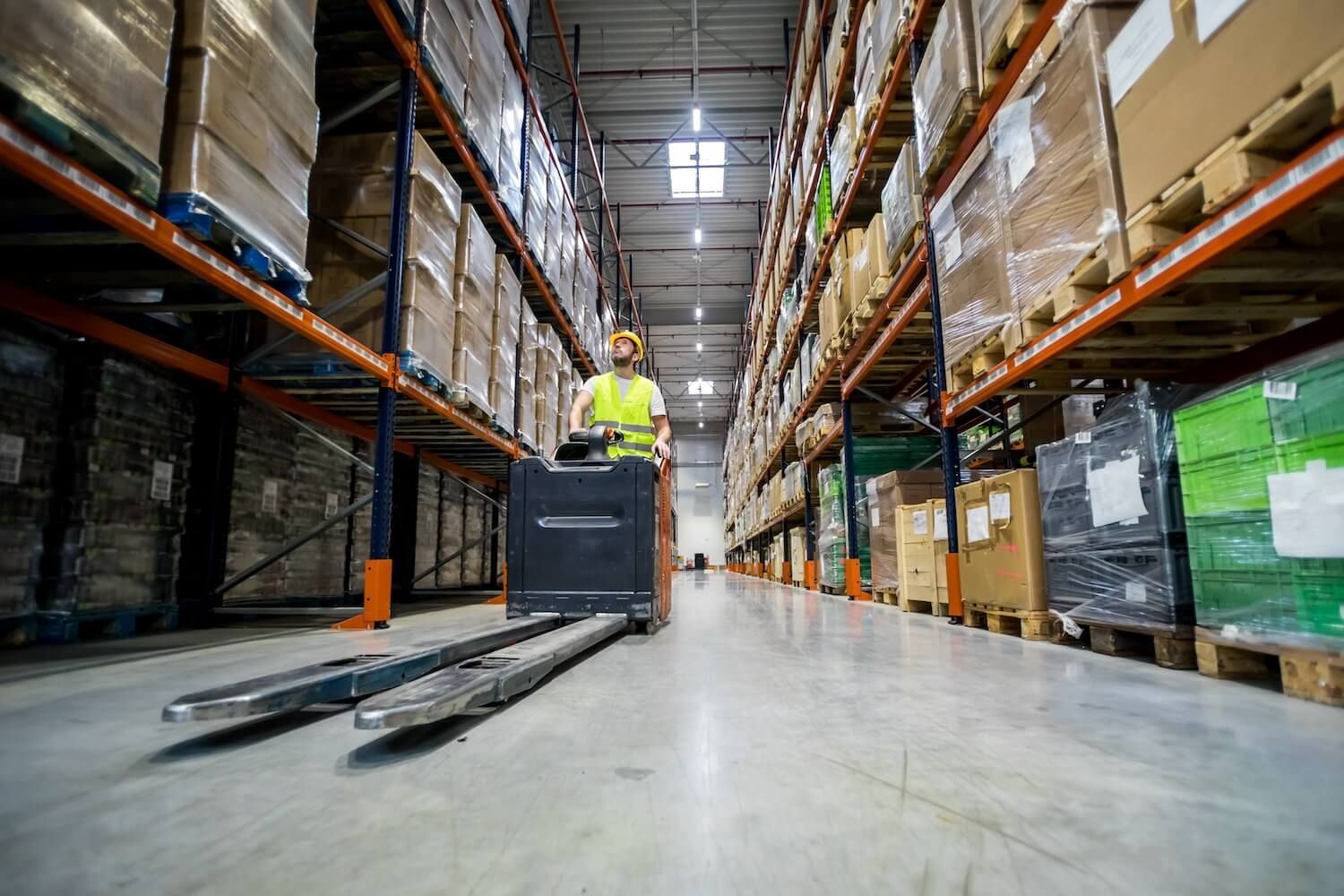
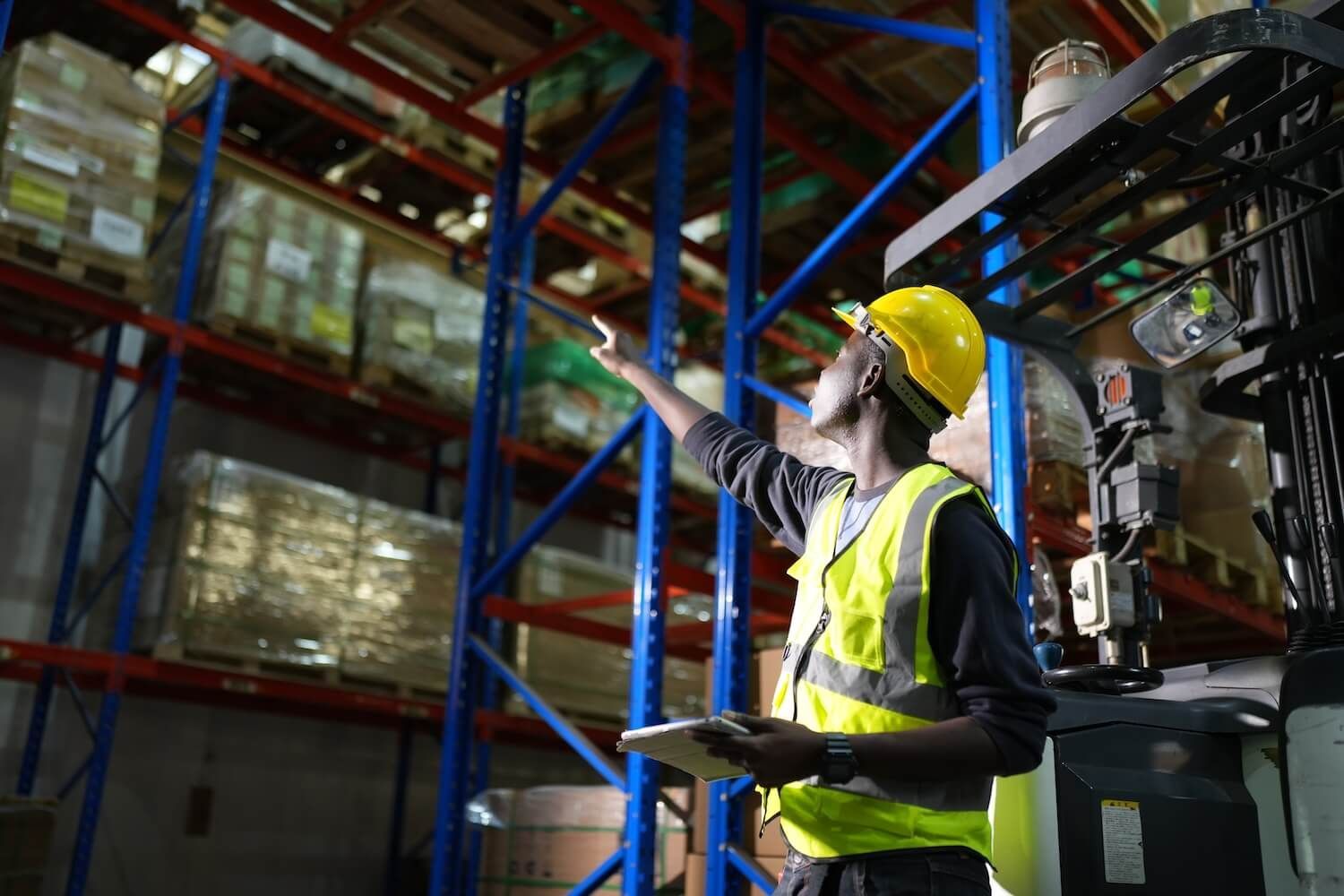
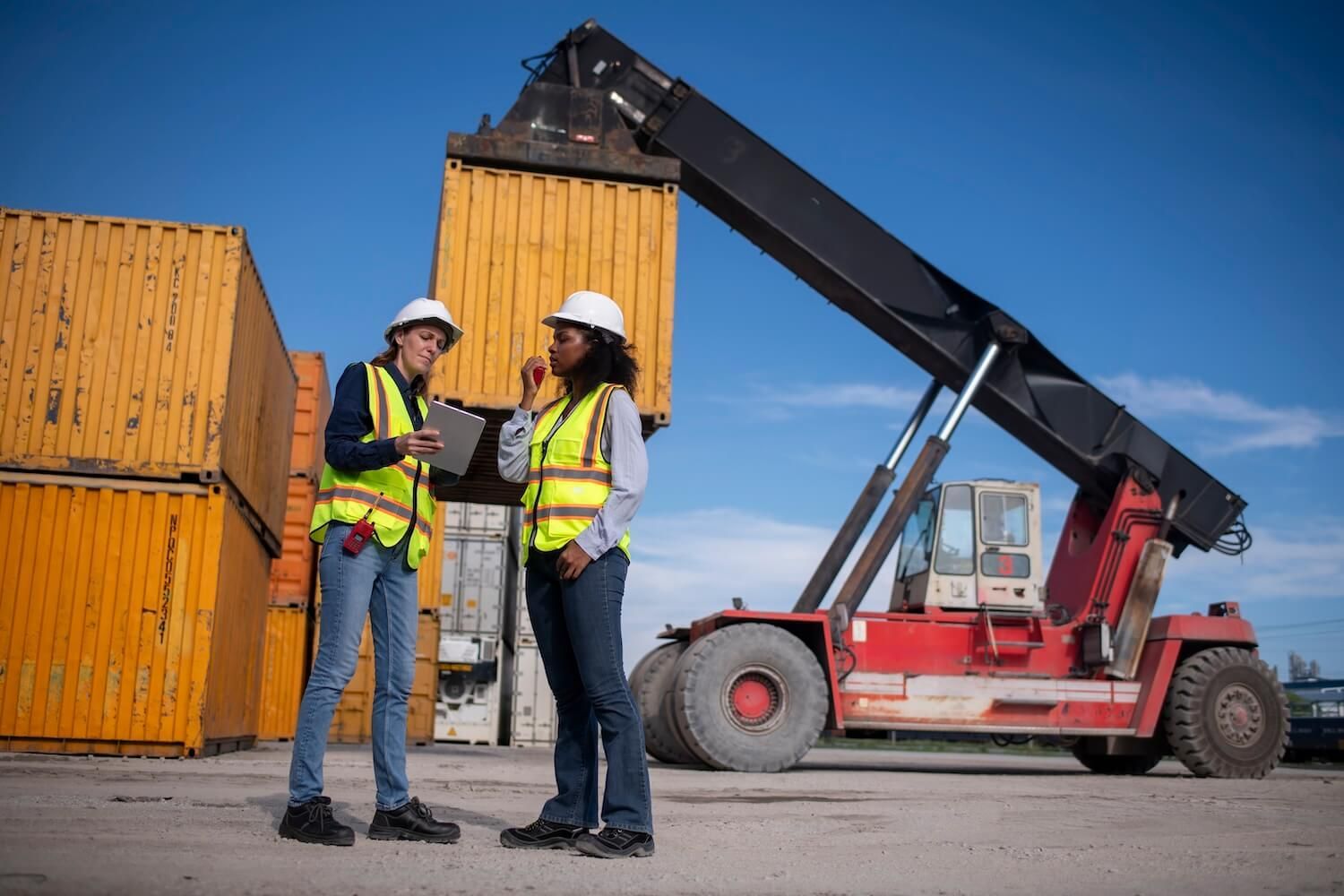
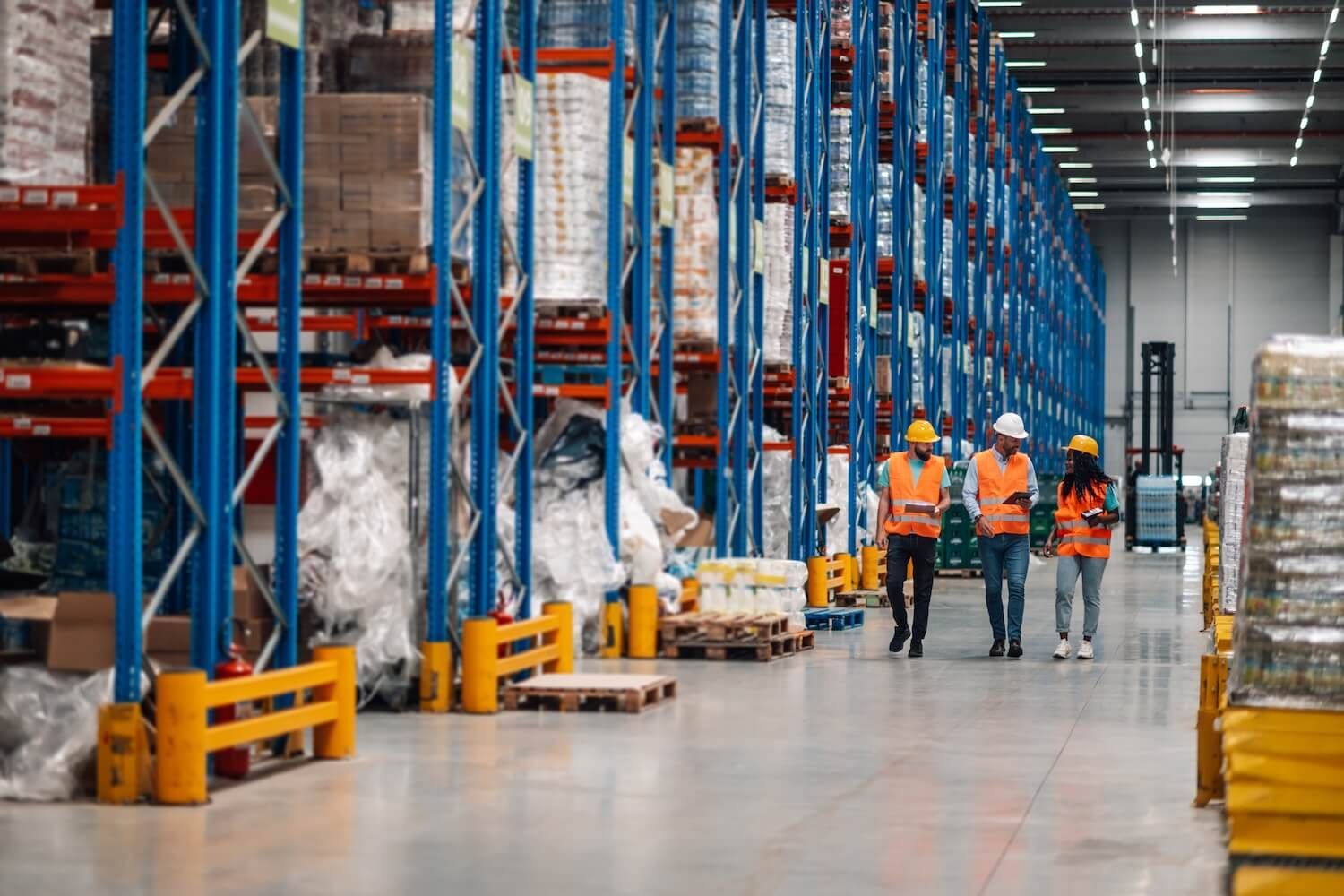
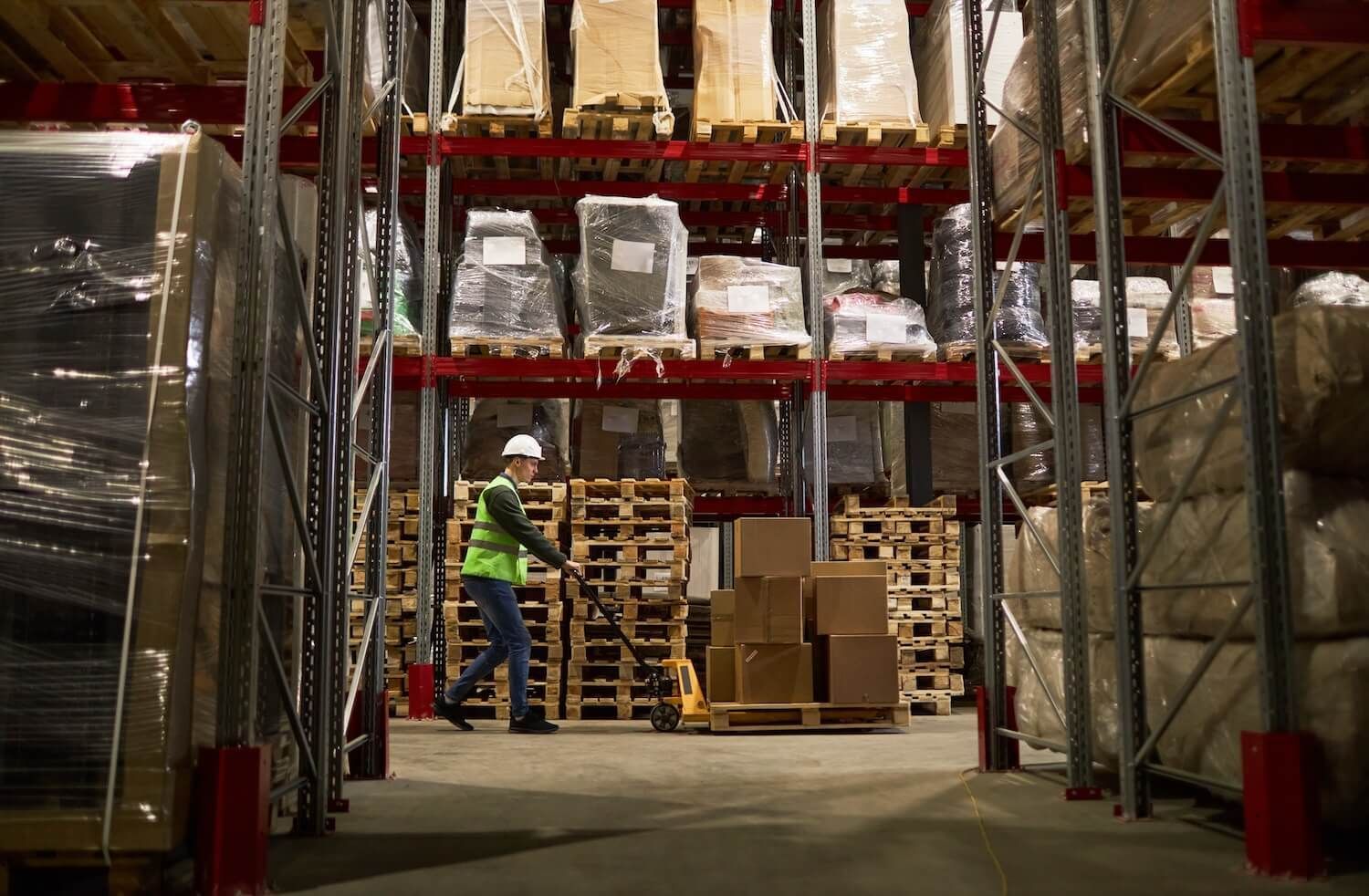

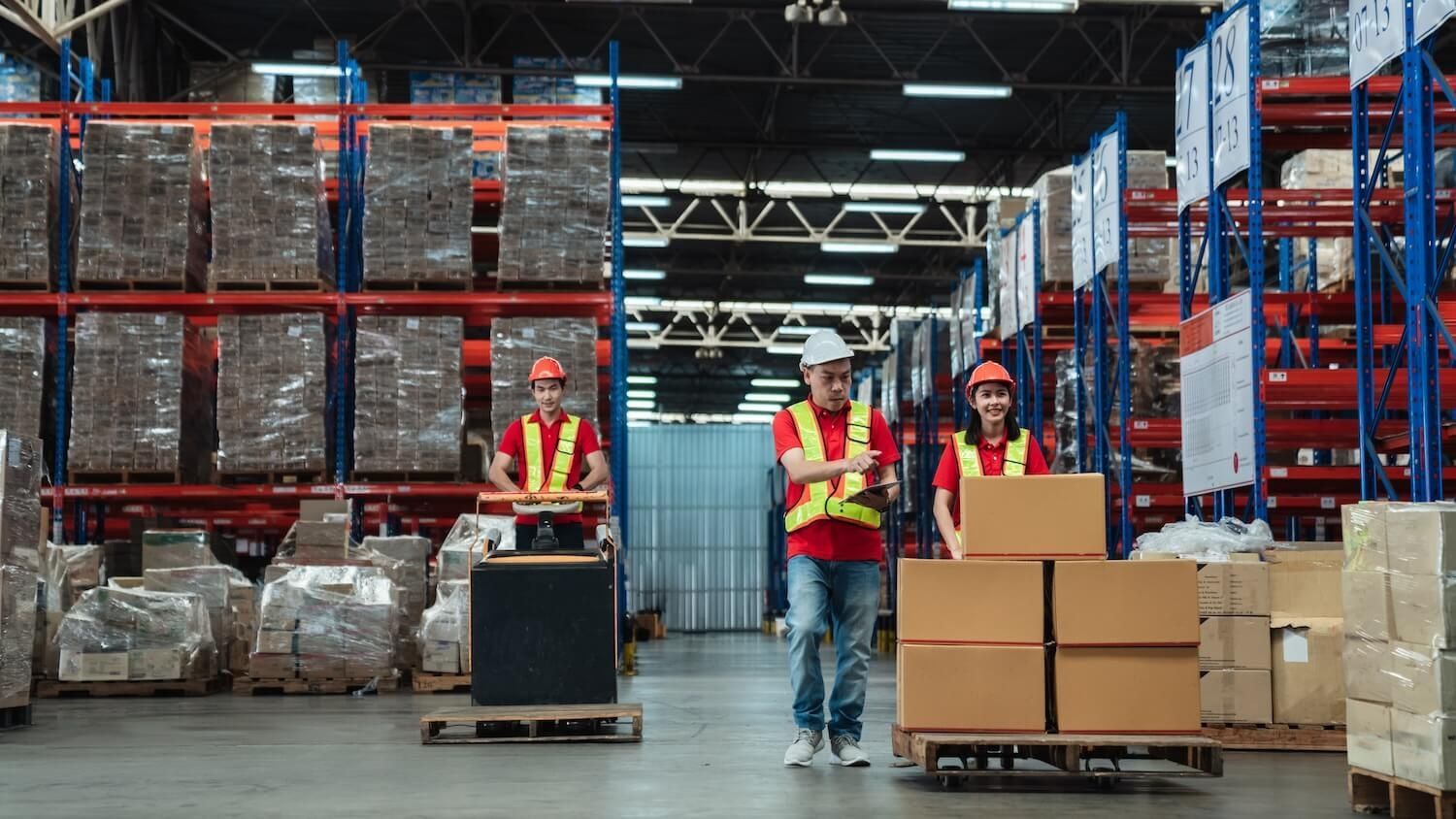
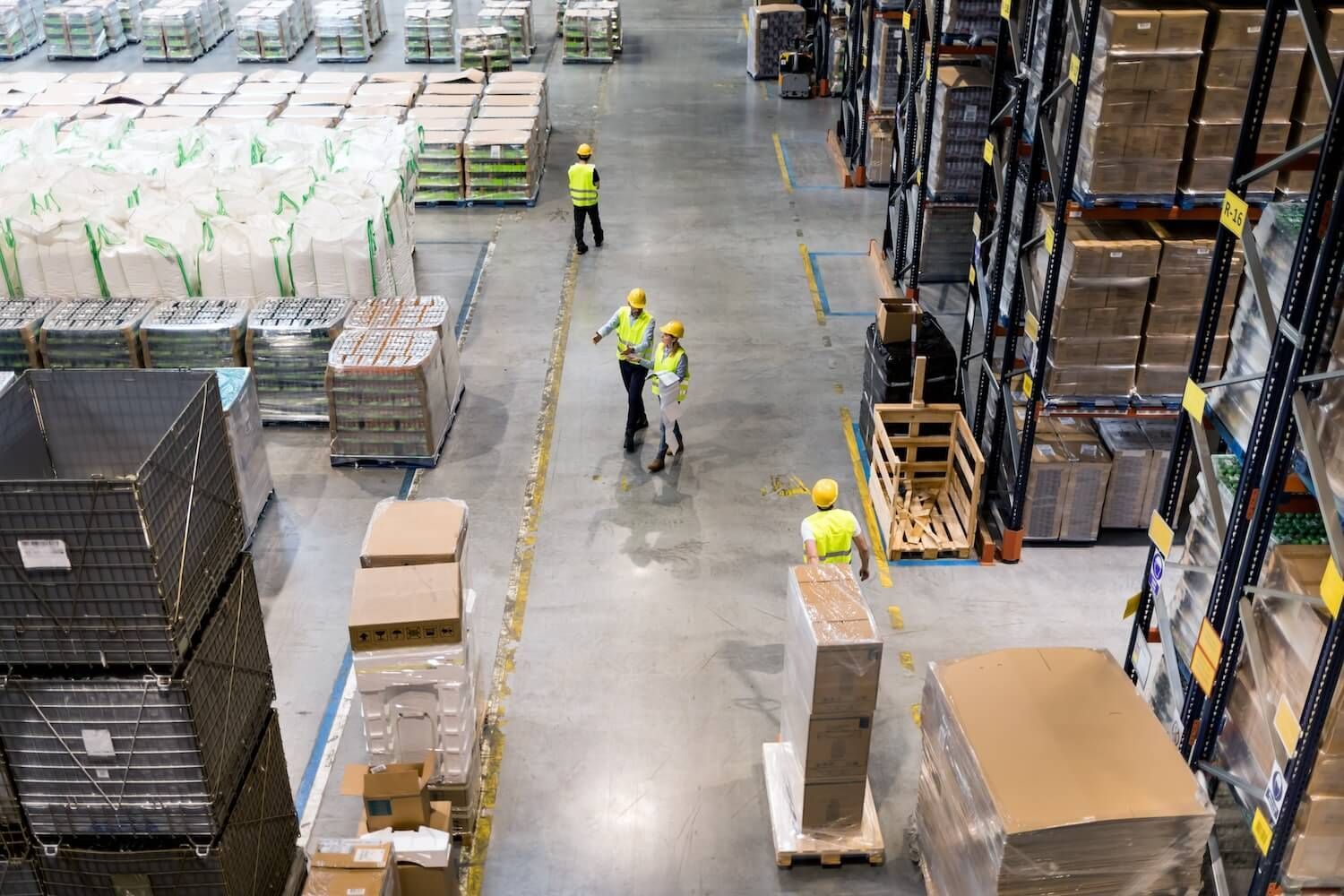
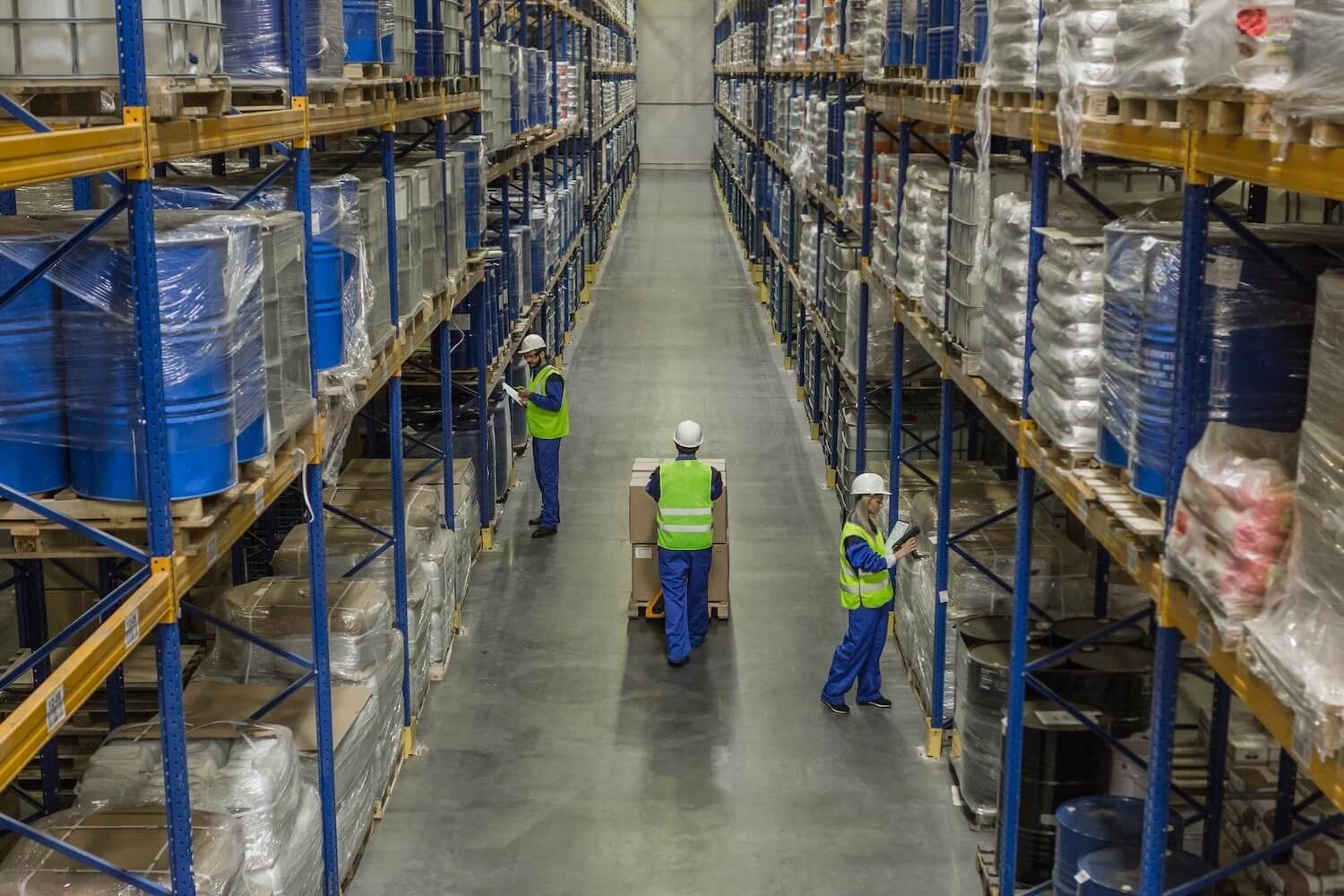

 by
by